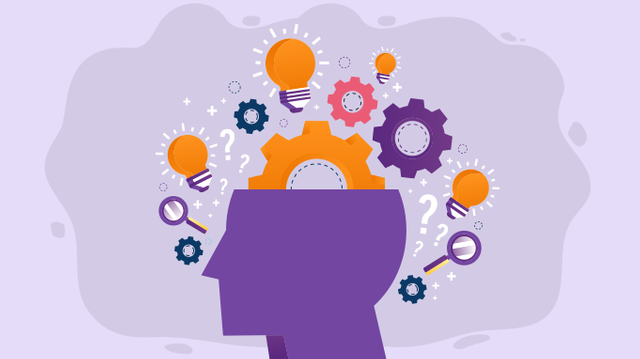Developing Emotional Intelligence: Tips for Recognizing and Managing Your Emotions
The way we feel has a direct impact on the way we approach life, but we often fail to recognize the emotions behind our actions. Here are some ways to develop emotional intelligence and learn how to manage your emotions so they don't affect your daily interactions.

STEP 1: Recognize Your Emotions
Emotions are usually felt rather than thought. If you can identify what your feeling, you can then take action based on the emotion. For example, anger might trigger a fight or flight reaction, while sadness might make you want to withdraw and seek comfort from loved ones.
In order to manage emotions, you need to recognize them as well. This process can be very challenging for some people, and in other cases it can be almost impossible. In the early stages, recognizing emotions can be very confusing because they can appear very different to the person experiencing them.
STEP 2: Manage Your Emotions With Action
Once you understand your emotions, you can start to make choices. If you're feeling angry, you could choose to yell at your spouse or choose to fight back by telling them why their comment made you so upset. If you're sad, you could take a walk or you could turn to a loved one for comfort.
Remember, emotions are usually felt rather than thought, so they tend to follow a set pattern and can be hard to control. Once you've recognized and identified your feelings, you can choose an appropriate response.
STEP 3: Use Emotions To Your Advantage
While you can use your emotions to make choices, it's also important to recognize your emotions as a source of information about what is happening in your life. Some emotions, such as anger or fear, tend to make us react and can be used to guide your decisions.
For example, if you're feeling fear, you might start to wonder if you're about to be fired. If you're feeling joy, you might think of your new baby, or if you're feeling disgust, you might think of eating a healthy meal.
When you use your emotions to your advantage, you can gather more information about yourself and others and make better choices.
STEP 4: Find Positive Ways To Deal With Emotions
Emotions come in all shapes and sizes, and for some people they can be more extreme than others. If you find yourself feeling anxious or afraid, you can use a variety of strategies to manage these feelings. For example, you could talk to someone you trust, watch a funny movie, drink a glass of wine or meditate.
Some emotions are more negative than others. If you're feeling depressed, it can be helpful to seek professional counseling, whereas anger doesn't usually require help and only requires the will to let go of the anger before the emotions are manageable.
In short, emotions can be tricky, but recognizing them can help you understand the decisions you make, manage the choices you make and even give you insight into the world around you.